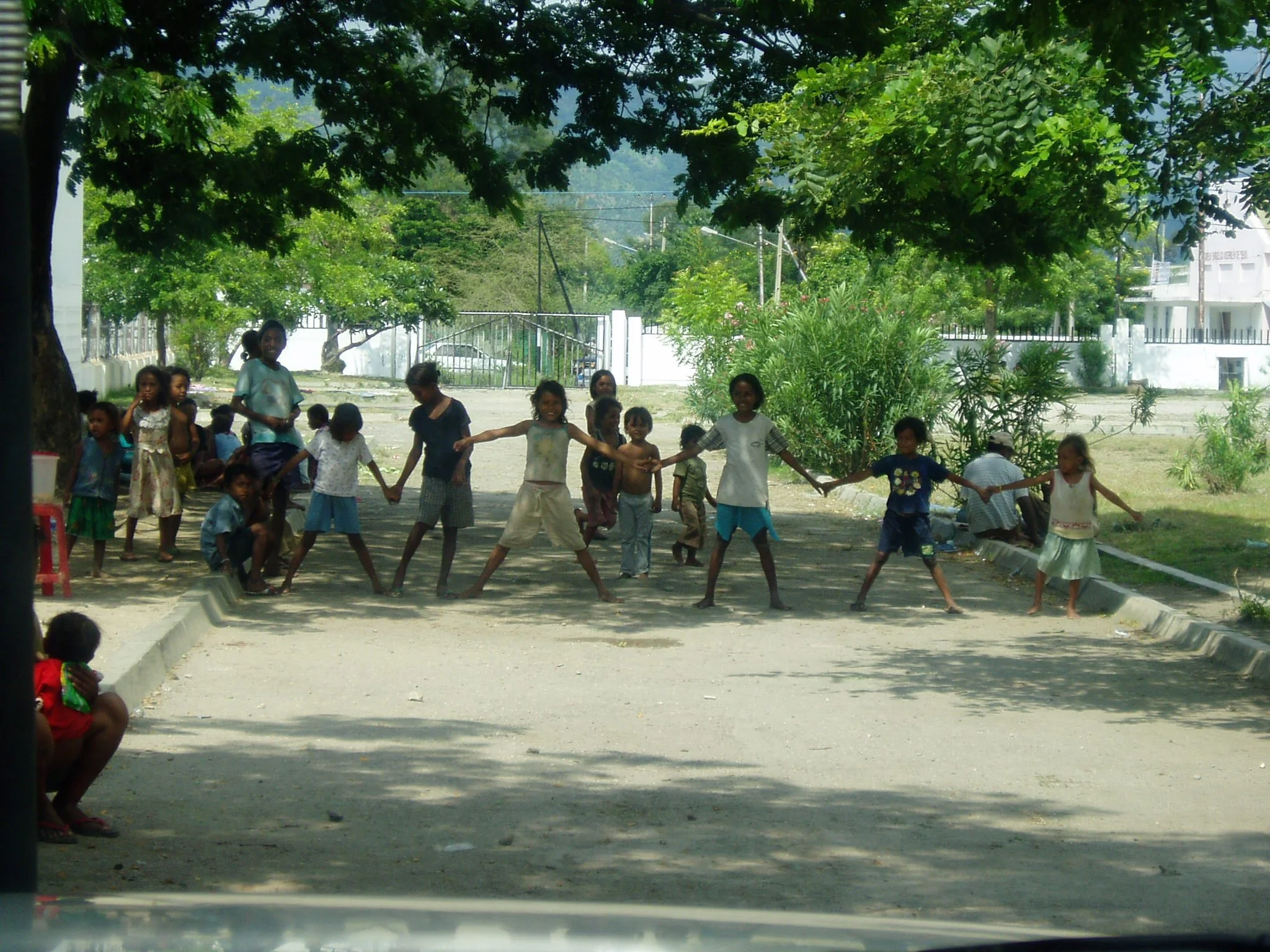
For empowering technical field teams in humanitarian organisations
Field Team Impact Kit
Field teams are needing to find ways to do more with less
The Field Team Impact Kit (FieldTiK) is a low-cost, adaptable tool, designed with and for technical field teams within humanitarian organisations. Teams, such as water, sanitation and hygiene (WASH), health, shelter, and nutrition teams can use it to improve their effectiveness, efficiency, and wellbeing.
FieldTiK brings together practical tools, guidance developed with field practitioners, and links to existing quality resources–creating a framework teams can adapt to their unique contexts.
“A shortcut to 20 years’ team management experience”
“Ideal for local NGOs”
Stronger teams = Better outcomes
Challenges facing field teams
-
Devolved responsibility
Teams operate with devolved decision-making and limited training, balancing accountability to both donors and people affected by disaster–outside traditional command and control structures.
-
Limited practical support for team leaders
Team leaders typically learn from personal experience rather than global knowledge sharing. A key challenge is finding practical ways to adapt and continually improve within and between emergencies.
-
Relevant resources hard to find
Many team members face gaps in technical and cross-cutting knowledge–from context-specific technical solutions to operationalising accountability, safeguarding, and inclusion.
-
Poor retention of knowledge
High turnover and limited team knowledge management often means time wasted reinventing the wheel, with lessons lost between projects and emergencies.

FieldTiK: A collaborative approach to address bottlenecks
A - Find your gaps
Use the team diagnostic to select the top 1–3 areas to work on together
B - Fill your gaps
Follow the examples and resources to develop new team-specific practices that fit your context
C - Review and improve
Use the reminders and templates to review progress every 1–3 months and adapt as needed
What people are saying…
-
"This is very, very useful", "very practical"
-Field team leaders, Global South
-
"This is the missing element. Ensuring we have a dynamic team of people really working together, that's when we can really make great changes"
-Global technical specialist
-
"Local NGOs are probably one of the biggest customers"
-Senior manager, Global South

What makes FieldTiK different?
FieldTiK takes a demand-led approach–field teams identify their priorities and access relevant guidance when they need it, rather than being supplied with generic training. It’s designed to be:
Team-led and bottom-up: Teams adapt the approach to their context
Building on existing resources: Links to quality global guidance rather than duplicating it
Focused on continuous improvement: Uses the Plan-Do-Check-Act cycle to help teams learn and adapt
Retaining knowledge: Helps teams capture and build on local learning between projects and emergencies
Let’s explore together
Interested in the guide or pilot program?
Would you like to see how FieldTiK works? I’d be happy to send you a sampler and discuss whether it might support your team’s work.
Whether you’re exploring options, considering a pilot, or simply want to discuss field team effectiveness, please get in touch.
